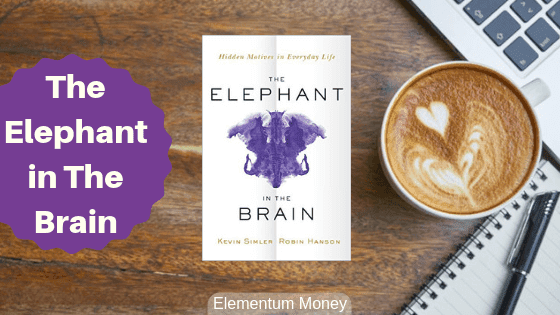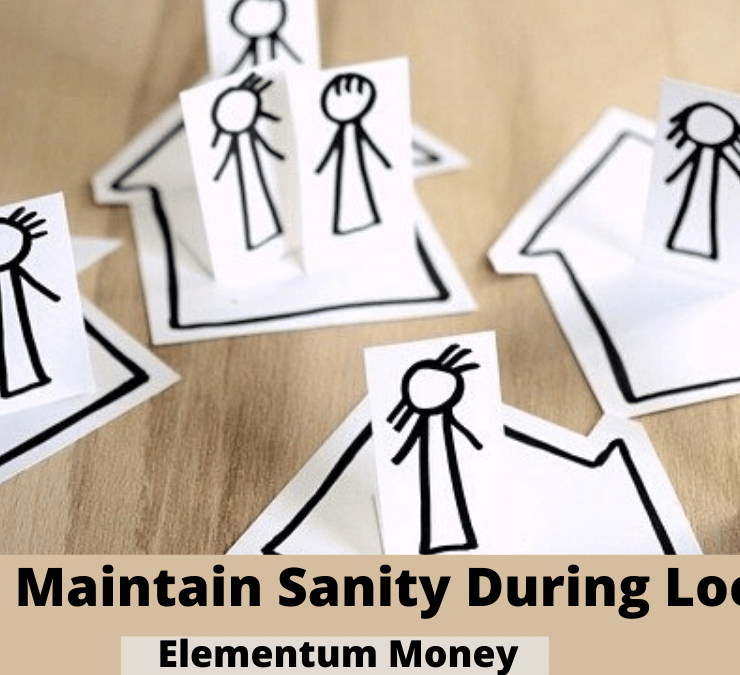Today, let’s start this post with an activity of imagination. Let’s say you start your day with stubbing your toe on the leg of a chair that you were passing. In the passage of day, someone accidentally spills some coffee on you. While you are outdoors for some work, some bird droppings land neatly on your hair. Your phone screen cracks on one of it’s usual sojourns to the ground thanks to your clumsy hands. At the end of the day, what is your mood like? Are you irritable and pissed, waiting to snap the head off anyone who dares to try talking to you. Or do you take a deep breath, try to put these things in perspective and think of the numerous other things and people in life that you have to be grateful for?
What is gratitude?
If all you did was just looked for things to appreciate, you would live a joyously spectacular life
Esther Hicks
What I described above is the idea of exercising gratitude probably on a more extreme day. However, I am jumping the gun here. Let’s start with the basic building blocks to understand what is gratitude.
Robert Emmons, an American psychologist who has studied the effect of gratitude on the physical, psychological and social parameters, breaks it down into two components in this Greater Good essay. First up, gratitude enables us to see things as a bigger picture and acknowledge that there are good things happening to and for us. Second, it involves recognizing the source of that goodness in our lives outside us or in other people and appreciating it for their role.
To me, over time gratitude seems more of a mindset. It is a mindset that enables us not to take anything for granted, see the glass as half full and just appreciate the people who help us in ways, seen and unseen.
Benefits of gratitude
Just google “benefits of gratitude” and it will throw up articles with lists and lists of benefits. I will keep my list shorter and limit it to mostly things I have experienced myself:
Optimism
Definitely my number one reason to practice gratitude per se. There are two kinds of people in this world. One who will find it in them to crib about just anything and two who will find the silver lining however dark the clouds may seem. When you have what you think is a bad day or are struggling with something, just trying to think of things to be grateful for, shifts your focus and subtly your perspective.
Better physical health
This is more of a research backed finding but I can understand that. So much of our brain and mental activity is connected to how we feel physiologically. Practicing gratitude has been shown to be linked with better sleep, lesser stress and even decreased physical pain. Now, isn’t this a magic pill or what?
Increased resilience
Resilience is all about the will to go on despite a fair number of challenges. It’s easier to give up when things seem hopeless. On the other hand, gratitude helps with a bigger picture when those challenges may seem smaller in the larger bounties of life. If nothing else, gratitude helps delay the feeling of hopelessness and increase resilience to the inevitable knocks of life.
Elevated happiness levels
Another thing I can vouch for. What makes us unhappy? The feeling of not having things as per our will or having missed out on something. In some ways, gratitude over turns that. Instead of mulling over things not going your way, you end up choosing to focus more on things that are indeed happening to make your life much better than you could have hoped for.
Improved social life
This is an easy one. At a party, whom would you want to chat more with? Somebody who is morose and cribbing about things left, right and centre or someone who is generally pleasant and upbeat? Or take this as an example. Whom is it easier to maintain friendship or a relationship with? Someone who appreciates the things you do and expresses gratitude for it or a nit-picker? Gratitude helps with your outlook in life which makes it easier for people to be around you.
Why is it difficult to experience or express Gratitude?
Unfortunately, gratitude is not really our default setting. Read ahead to understand some of the things that come between our intent and practice of wishing to experience it, despite all the benefits.
Negativity bias
Check out any newspaper and you are bound to see more negative news articles than positive, heart-warming stories. That’s because our brains are wired to get sucked into the glaring light of negativity far more than the soft fuzzy glow of positivity. In whatever I have read and can agree with, from an evolutionary stand point, we humans are highly prone to activate our fight or flight mode. In such a scenario, taking a deep breath to say that maybe neither fight nor flight is really necessary can require taking conscious measures.
Taking things for granted
In life, most of us assume that we are born to have certain things in place and people probably know what they mean to us. No wonder, appreciation is one of the rare currencies in the world today. Some time back, when my parents were visiting us my mother asked why I was thanking my husband when he did something small for me. I told her that I did so just to ensure I don’t take it for granted.
Environment
When would you consider yourself grateful for the life that you have? When you are surrounded by poverty and impoverishment or varying degrees of affluence. While people in both these brackets find their own ways to experience gratitude if they want to, suffice it to say that it is easier when relatively your life is better than what you see around. We humans are a comparative clan. So, when something good happens to us but we feel we are still lagging in the race around us, we happily forget it.
Counter to self sufficiency
How many of us have this obsession to ensure that we make our own mark in life? I know, that I for one am fiercely independent and generally do not like to be dependent on anyone else. For a lot of people then, gratitude and appreciating the role other people play in their lives seems to run counter to the idea of self sufficiency.
Appreciation of material over experiential
Research shows that people who appreciate material affluence over experiences find it relatively harder to have gratitude. In some ways, it is a circular logic, right? Gratitude is mostly a result of a good experience. If on balance, you would rather appreciate material, then it is easy to sideline the experiential completely.
Cultivating Gratitude as a practice
In our daily grind, it is easy to miss out on thinking about gratitude. Small actions can help to cultivate it as a practice and help make it a way of life:
Daily gratitude log
Being a part of my bullet journal, I have seen the difference in the way I approach gratitude. Initially, I struggled with finding things to write to fill up this space. Now, having done this habit for most of the last two years, a lot of times I brighten up thinking – hey, this needs to be a part of my gratitude log today.
Mental note
When something good happens, expected or unexpected just make a mental note of how you are thankful for it. I have a funny habit of sometimes looking up to the sky and muttering out a heartfelt thanks, mostly when no one else is watching. Find your way of doing it and reasons to do it. More the better.
Appreciate people to their face
Most of us feel under-valued, and mostly by people closest to us because we feel they get it. Change this by being the one to appreciate people and what they do. Start with saying a simple thanks, be it to the cab driver who drives you to your destination or your child who has just made an illegible drawing. Whenever possible, I try and address the person by name while I thank them. I know I like it and if someone doesn’t they can always tell me so. But more often than not, people are pleasantly surprised when being thanked or appreciated while being addressed by name.
Help out
Most of us don’t realize that people do charity for two reasons – one to genuinely help out people in need and two to feel good themselves. When you help out people, be it monetarily through a donation or through action for a person in need, not only do you feel good about yourself but you also begin to count your blessings as to not being in the same kind of need.
Force a perception shift
Try this experiment for one day a week. Tell yourself that it is a day of forced optimism or gratitude. Slipped and fell? Thank your stars that the injury is not too severe. Phone screen cracked and needs to be replaced? Atleast the data and precious photos are intact. Your work on a presentation did not get saved as your laptop conked off? Maybe you get to do it better the second time round. Some of these things might sound silly but sometimes it is only by force that we can bring about a much-needed change in our mindset, which will gradually tone down to more reasonable levels.
Do you practice gratitude? How do you practice it? What are you grateful for today? Let me know in the comments below.





Leave a Reply